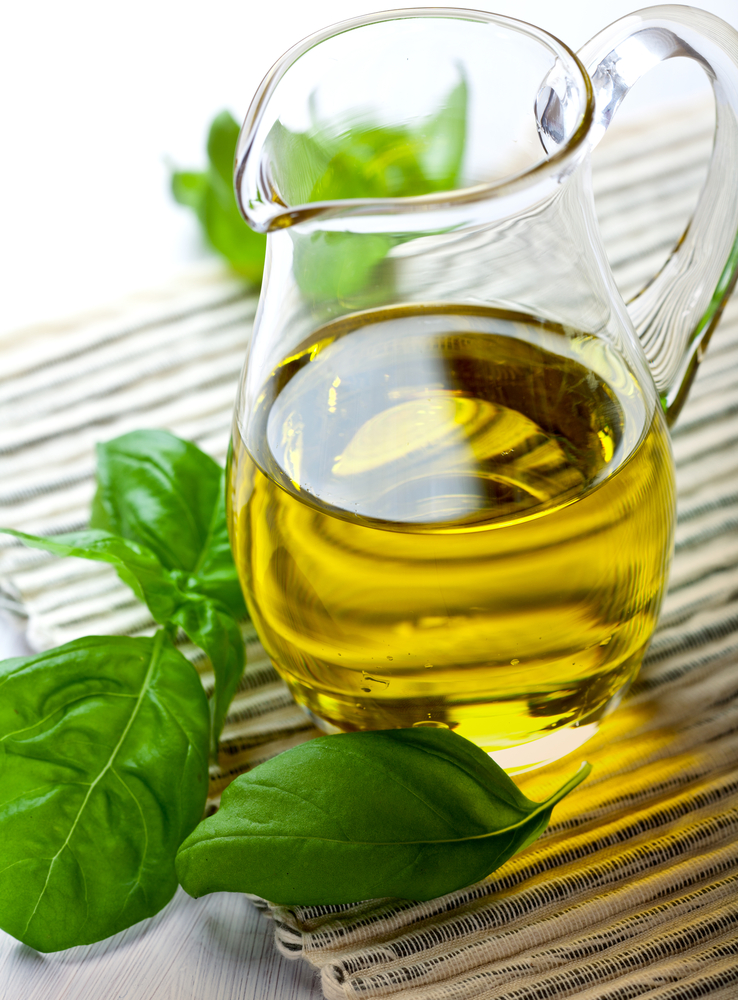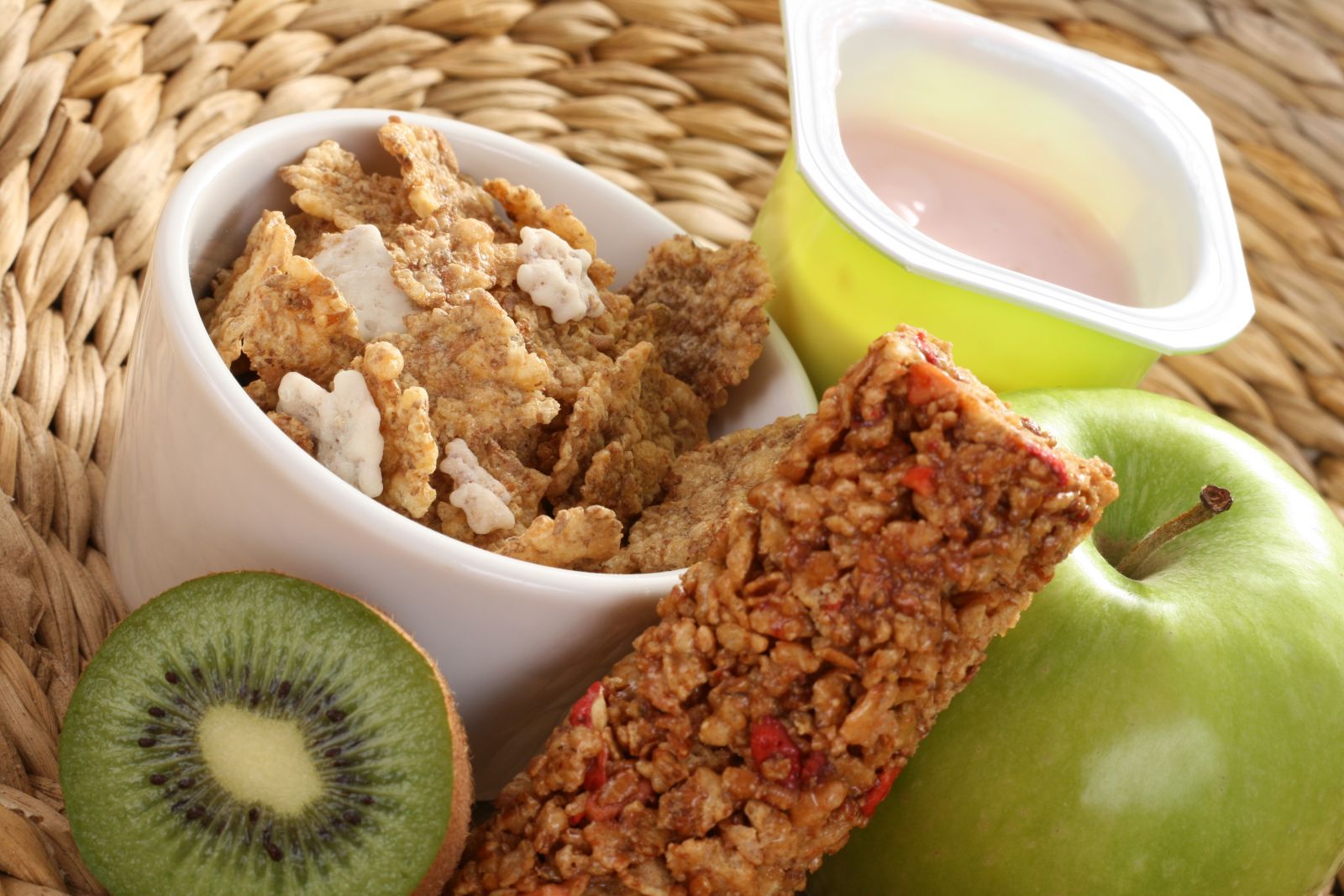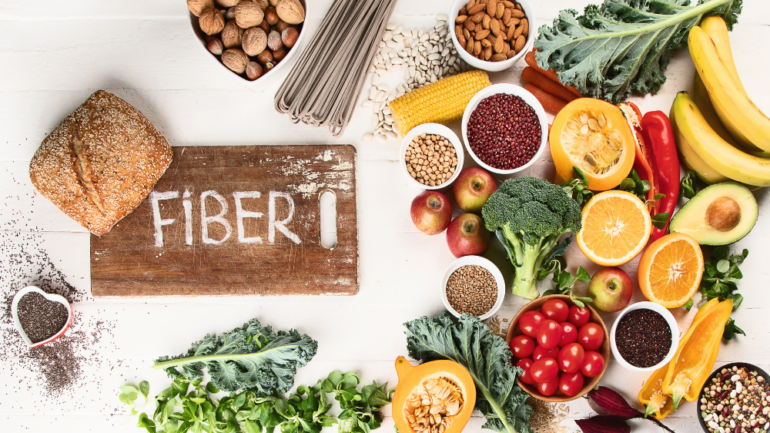The holiday season is filled with get-togethers with family and friends and can be both fun and joyous. It can also be stressful and tiring at times. Experts warn about this combination of stress, fatigue, and high-fat foods—factors that can, over time, increase your risk of cancer. That’s why the Asian Fund for Cancer Research has developed easy-to-follow tips that can help ensure a happier, healthier holiday season, and which, over time, may reduce your risk of cancer if you continue to follow these tips.
Eat more vegetables and fruit, and keep meat portions small. Choose colorful fruits and veggies. They are filled with cancer-fighting antioxidants. Turkey is a healthy meat choice. To cut down on fat, remove the skin.
Moderate alcohol consumption. Remember that regular consumption of alcohol throughout your life can increase your cancer risk. Men should not consume more than 2 drinks per day. To reduce the risk of breast cancer, women should not consume more than 3 drinks per week.

Get your greens and use healthy cooking oils. Eat spinach, broccoli, green beans and dark, leafy greens. Use healthy oils such as flax, walnut or canola. Try drizzling vegetables with extra virgin olive oil. Delicious!
Eat wild salmon, tuna or mackerel. They are full of Omega-3 oils, which are great for cellular health and may help prevent cancer.
Goa little nuts! Nuts such as walnuts and almonds are great sources of protein and healthy fat, so they make a great filler between meals. Don’t overdo it. Healthy fat is still fat.
Avoid white starch. These are empty calories with very little nutritional value. Your digestive system struggles to handle them. Choose instead a sweet potato or multigrain bread.
Fiber is good! Choose whole grains, beans, barley, lentils, etc. Try a new stuffing recipe made with more fiber and vegetables and less fat. Dried figs, dried cranberries, dried apricots and whole wheat bread are great sources of fiber to integrate into your holiday meals.
Be aware of your sugar intake and high-fat dessert choices. Have your dessert, but keep it balanced. Try a piece of good quality dark chocolate or a poached pear. If you “splurge,”keep it small, and add some extra time to your regular exercise routine.
Drink 16 ounces of water before eating. Dehydration can be confused with hunger. Keeping hydrated by drinking at least eight 8 oz. glasses of water daily is essential to helping your body function properly

Eat a healthy snack at home before attending a party. This will help control your hunger so you don’t arrive at the party ravenous.
Laugh. Take time out of your busy schedule to enjoy life and laugh. It is truly the best medicine.
Move. Walk, jog, ride your bike, play racquetball, practice yoga—anything to get your body moving! Exercising 5 times a week for at least 30 minutes per workout will have significant positive impacts on your life. Start a family holiday tradition by taking walks or bike rides or playing a touch football game and continue it throughout the year each time there is a get-together.
Slow Down. Eat slowly and enjoy time with family and friends. Turn off the TV, phone and electronics! Eating slowly gives your body time to realize it is full. Thoroughly chewing your food helps maintain a steady rate of metabolism.

Rest. Get at least 7 hours of sleep and stay on your natural schedule as much as possible. Late night eating and drinking will result in a rough night’s sleep.



